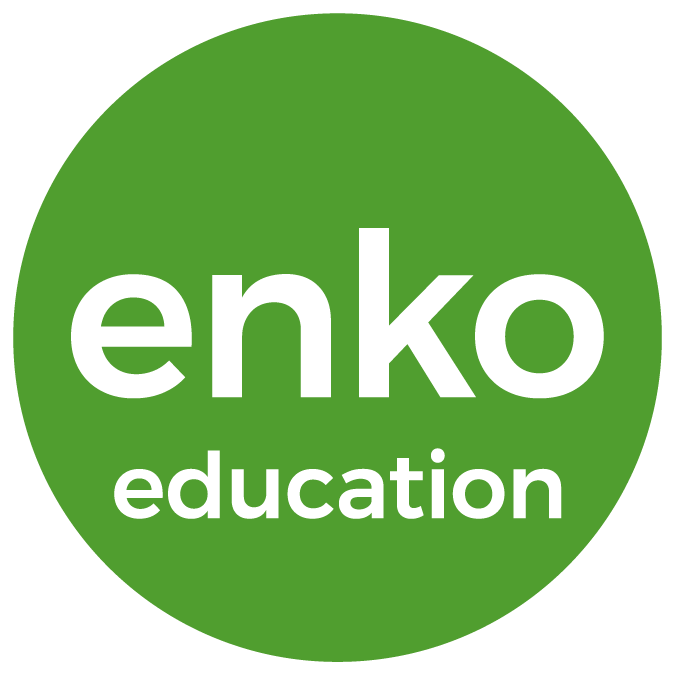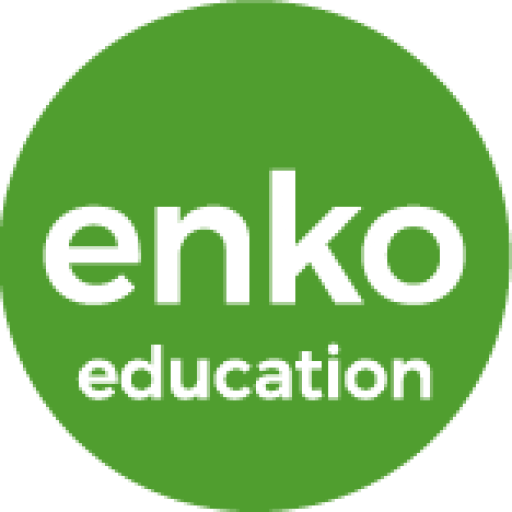5 Opportunities For Investing In African Private Education
It is school season in Cote d’Ivoire.
Kids are excited. Parents are hopeful. It is the typical excitement and hope you could expect anywhere in the West. Except one thing: parents are concerned over rising costs at the secondary schools and worry about their kids’ future. It’s a concern of many communities across Africa.
More than 40 percent of the students enrolled in secondary school in Cote d’Ivoire attend a private school. The number is likely to grow in Abidjan and in other major cities across the African continent.
Successful schools require three things: potential students, good teachers, and learning facilities.
The latter two cost money and accordingly investment. Most African cities have potential students.
This week’s article looks at opportunities for investment in African private education.
Morocco
King Mohammed VI and the Moroccan government have raised the priority level of education in recent years. The country struggles with low adult literacy rates, high youth unemployment, and a lack of skilled workers. Moroccan leadership has focused on education privatization as an opportunity for improving availability and quality of education.
Protests have arisen over the potential pricing in private markets. Officials continue to bump up the number of available scholarships, introducing more than 100,000 new scholarships in the past two years.
Students use scholarship money to gain foreign language skills, particularly English, and the necessary skill sets to navigate Morocco’s emerging financial sector and strong tourism sector, among other boom segments in the economy.
The Moroccan leadership knows and recognizes it cannot build and fund every new school, including educational centers for English and French. In that vein, education investors have an opportunity to invest in the sector across the country.
The common culture links across North Africa also provide opportunities for replication and expansion into neighboring countries which is the key to earning returns in this sector.
Ethiopia
The Ethiopian leadership has always shown a commitment to education. The country is home to more than 30 universities. New capital budget planning demonstrates a continuing commitment with education accounting for a significant portion of infrastructure spending.
The literacy rate in Ethiopia is around 50 percent, according to World Bank. Private and government donors are committed to changing that statistic. The country accordingly sees education investors perusing the streets of Addis Ababa and other major Ethiopian cities to assess potential properties and potential school attendees.
A high birth rate and growing income level ensure enrollment will continue to grow. Building more primary and secondary schools across the country is a goal.
Although ever present, universities are not as populated with the availability of potential students well below the capacity of the system.
Kenya
Kenya is an economic and financial hub for the continent. It is an investor favorite with capital flowing into every sector including education.
Kenya is home to the inaugural “big” private equity deal in the education sector when New Enterprise Associates and Omidyar Network made a $30 million investment in 2012 in Bridge International Academies.
Bridge International Academies is now Kenya’s largest chain of schools with more than 200 schools. Kenya-based private equity fund Fanisi Capital made an investment in Hillcrest International Schools the following year to support building sports and music facilities.
The successes of education investments in Kenya continue to inspire investors in other African countries. Kenya has seen drastic growth in school participation. There’s still room for achievement. There’s still more students than there are affordable schools.
At the middle-class level, school fees hover between $4,000 and $5,000 annually, creating a massive opportunity for the crafty first-mover investors in the education system for middle income spenders.
Ghana/Nigeria
Private schools are not new to Nigeria or Ghana but unlike Kenya, neither has seen a similar boost in private investment. They are economic and financial hubs with great upside despite any current challenges.
Education experts tend to emphasize the respectable growth in schools across both countries – however those statistics do not necessarily capture the disparities by class.
Three cities – Accra, Abuja, and Lagos – are still starved for affordable private education options for the middle class.
With school fees at $4,000 to $5,000, as seen in the Kenya market, the opportunity for investment is massive with great upside return.
Source: Afkinsider



